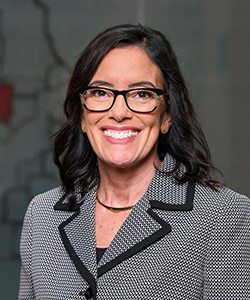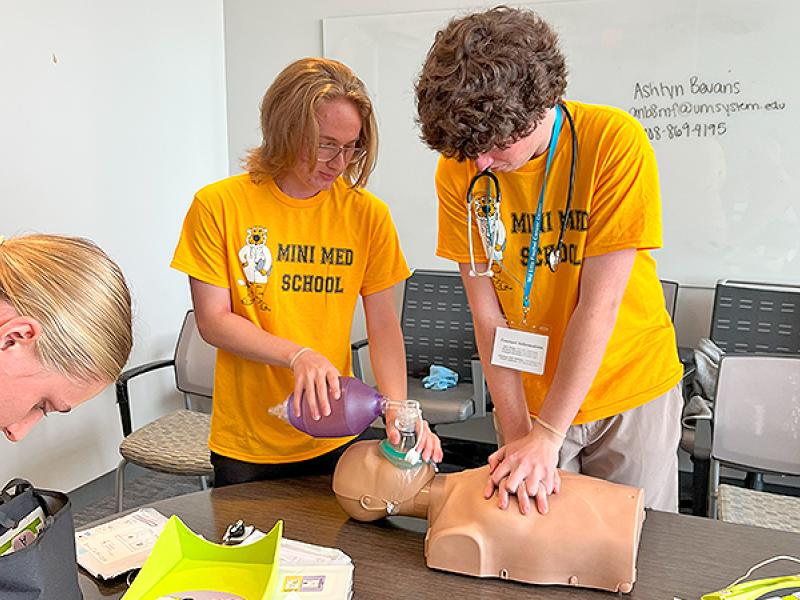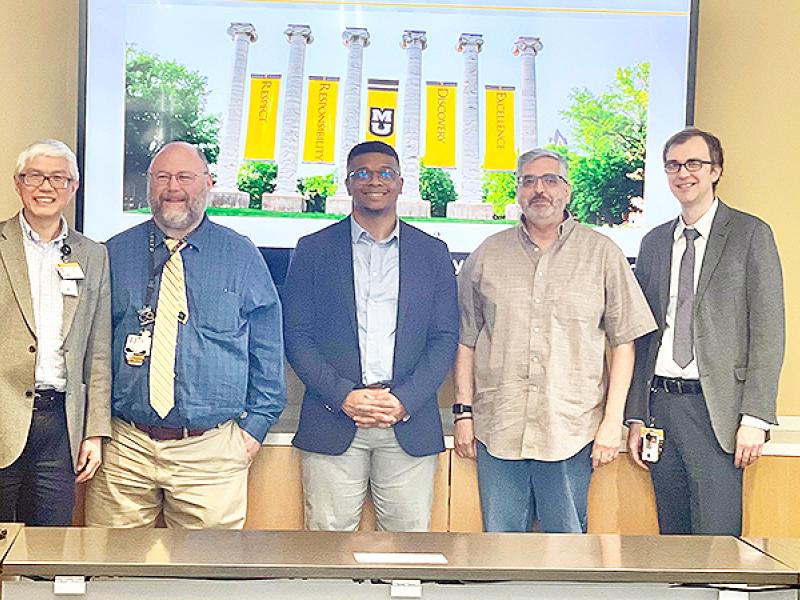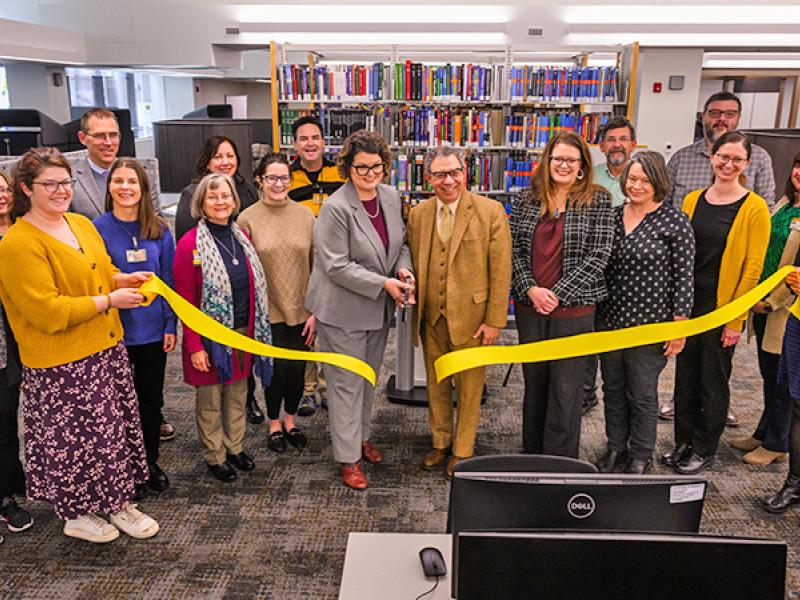
The MU School of Medicine has received a $2.8 million grant from the Health Resources and Services Administration (HRSA). This award is in addition to grants totaling nearly $5 million issued by HRSA last year, which was the largest award for rural medicine in the school’s history.

“This funding will contribute significantly to a long-term, state-wide impact in Missouri” said Kathleen Quinn, PhD, former associate dean for rural health at the medical school and principal investigator of the grant.
The supplemental money will enable multiple departments and centers at the School of Medicine and MU Extension to support their ongoing commitment to increase the number of doctors in Missouri and address the physician shortages in rural parts of the state. The additional funding will be used throughout the year to develop new rural programs and upgrade equipment and software used in existing programs.
“More Missouri doctors receive their medical degrees from MU than from any other institution, so we feel an urgency and an obligation to address physician shortages in rural parts of our state,” said Steven Zweig, MD, MSPH, Hugh E. and Sarah D. Stephenson Dean at the University of Missouri School of Medicine. “Our existing programs uniquely prepare our medical students with training in rural and underserved areas; this grant will enhance those initiatives as well as help us identify additional needed resources for supporting current rural health care providers.”
Enhancing simulation experiences for rural learners
One of the ways the supplemental dollars will be used is to enhance the medical school’s mobile simulation vans. These vans take the simulation center on the road and will now have top-of-the-line equipment to deliver training and improve the skills of rural learners and providers throughout Missouri. The vans will either replicate scenarios commonly seen in that region or provide more rare scenarios to help fill educational gaps. There will also be collaboration with the Missouri Telehealth Network to provide additional opportunities to use telemedicine to educate more learners and reach more patients efficiently.
“The new van we will add to our fleet with this funding will have more training space and provide more capabilities when we’re on the road for training,” said Dena Higbee, executive director of simulation. “This year, the new van will primarily provide simulation resources to our rural scholars locations where students are practicing.”
Identifying health care workforce needs
Supplemental funding also will be used to support a robust implementation of the MU Health Care Workforce Project according to Tracy Greever-Rice, PhD, MS, director for the MU Center for Health Policy.
The workforce project analyzes the characteristics of Missouri's health care workforce by surveying members of health care occupations and professions about characteristics of their professional experience, current jobs and future plans. The results of these surveys support local and state policymakers in identifying current workforce needs as well as to project future shortages with precision and nuance.
Investing in telehealth
The importance of telehealth has become clear during the COVID-19 pandemic. The new funding will provide incentives for participation in Show-Me Extension for Community Healthcare Outcomes (ECHO). ECHO connects community primary care providers and students with interdisciplinary teams of experts who can help them learn. Since 2015, ECHO has grown from two projects to 24 current ECHO projects. Topics include kidney disease, diabetes, hypertension, child psychiatry, asthma, dermatology, opioid use disorder and COVID-19.
These projects are only the beginning. Supplemental funding also will support continuing medical education and physician lifelong learning, develop online training modules for learners and faculty, create a community-based faculty development course and more.
The additional HRSA grant runs through 2021, the initial 2019 HRSA grants run through 2023 and plans are already in place to sustain them after they expire.





